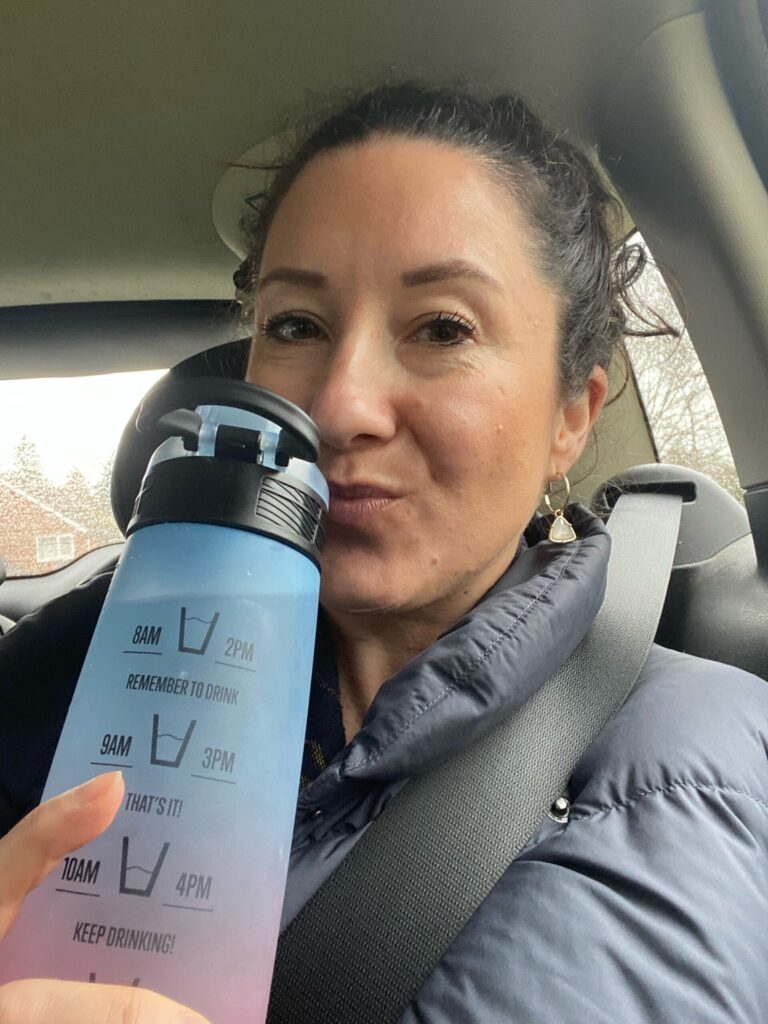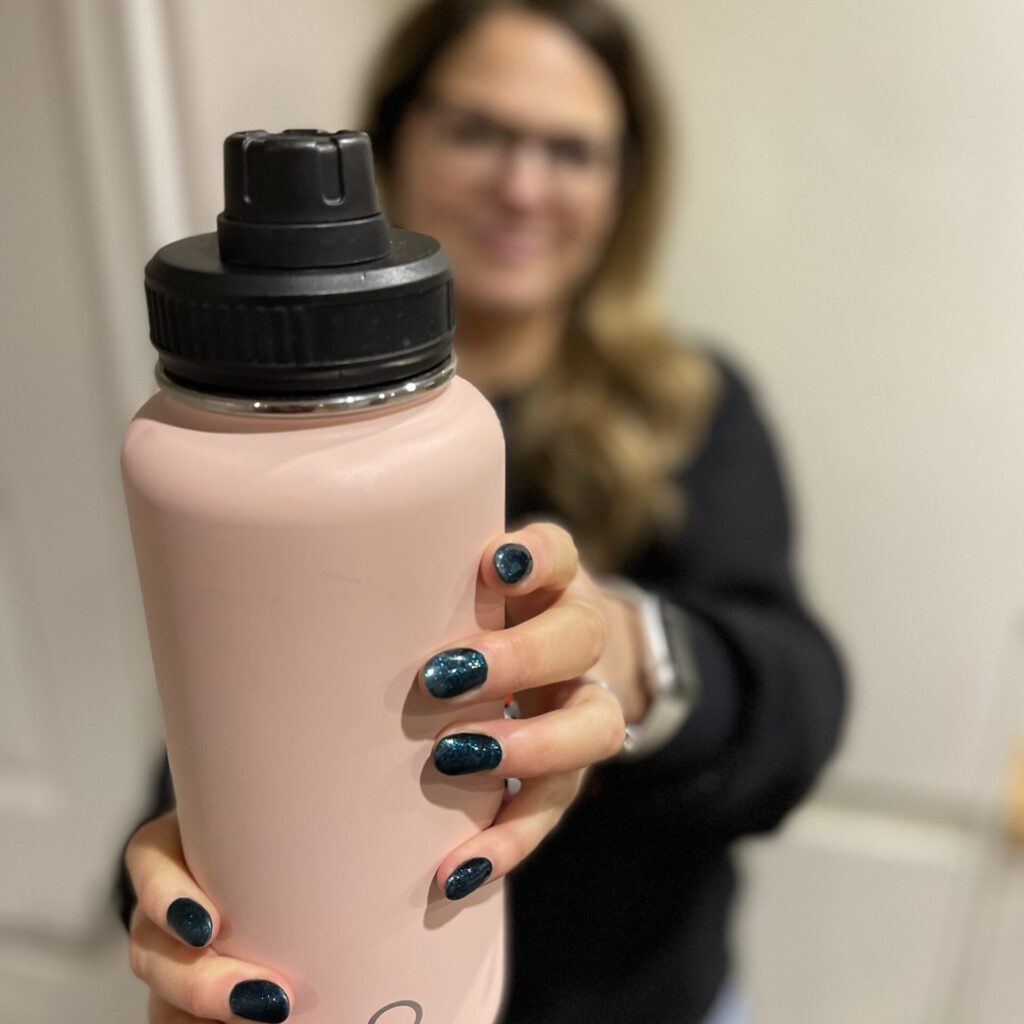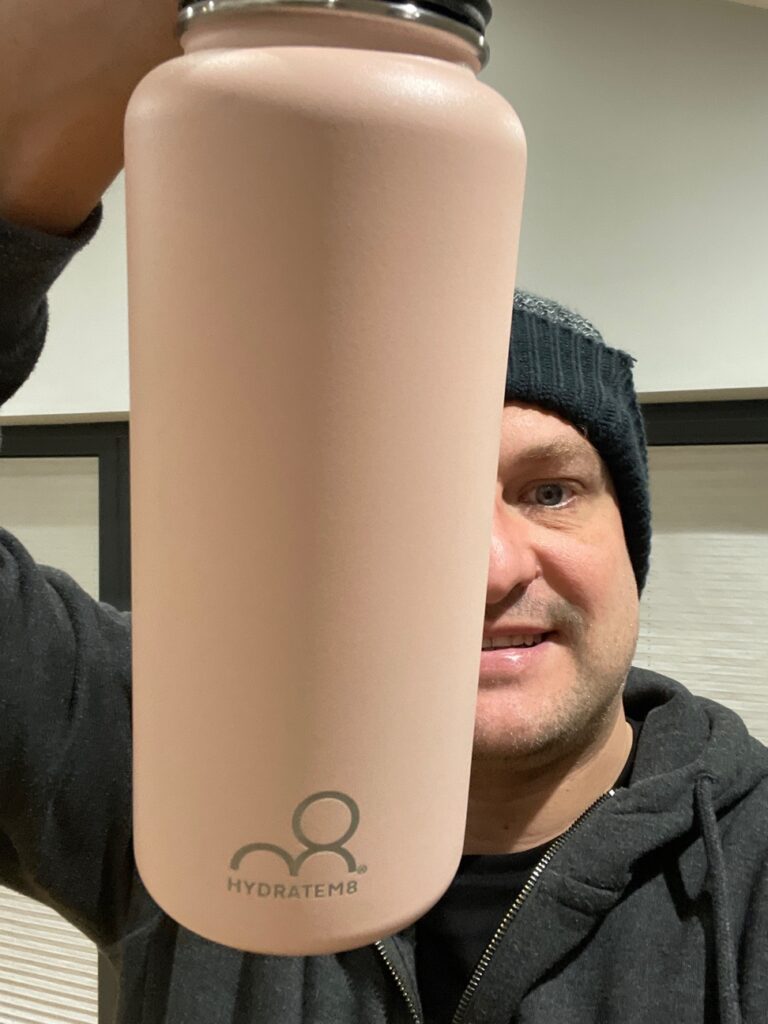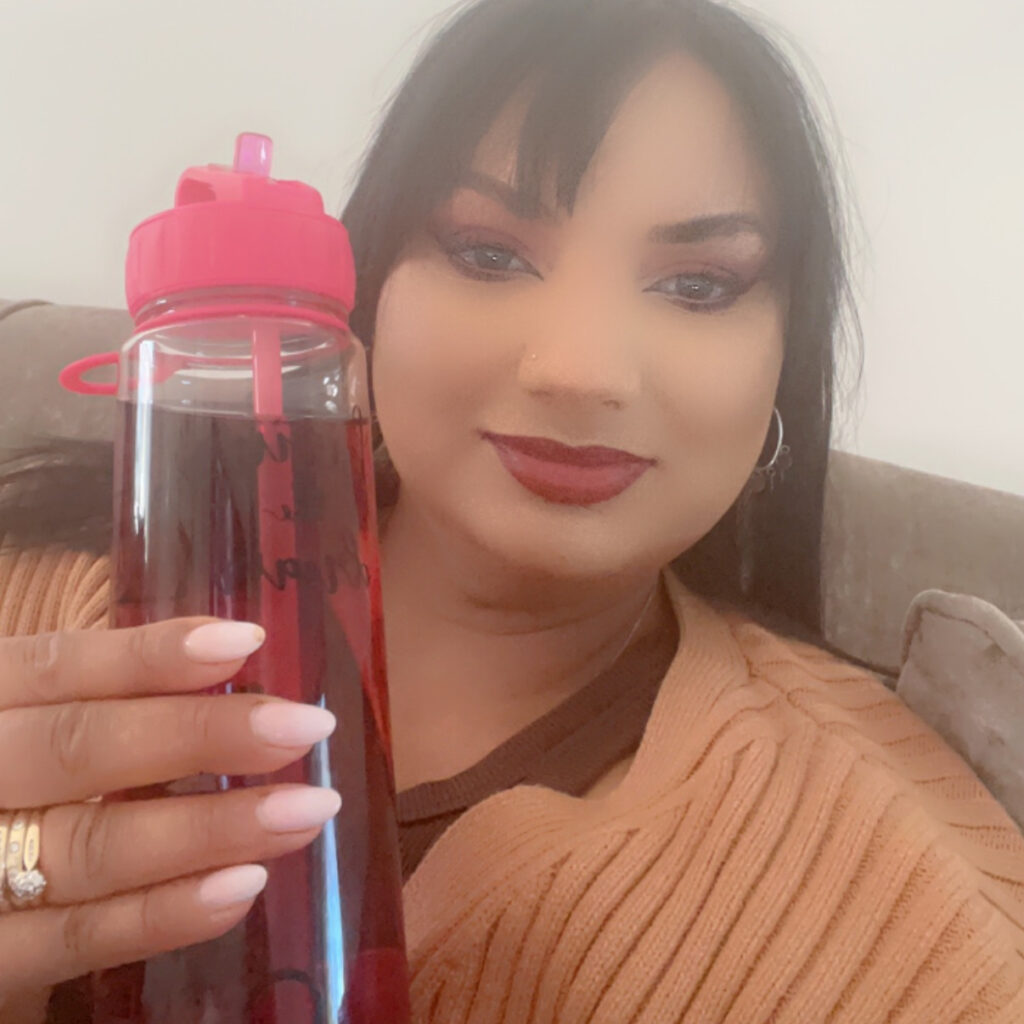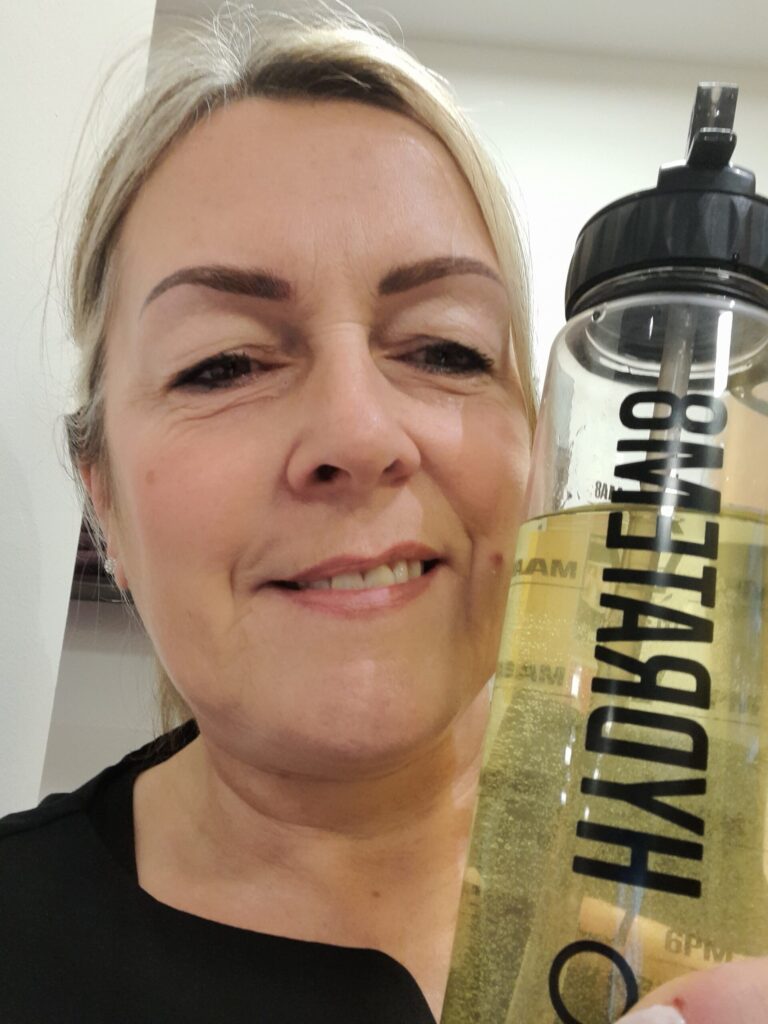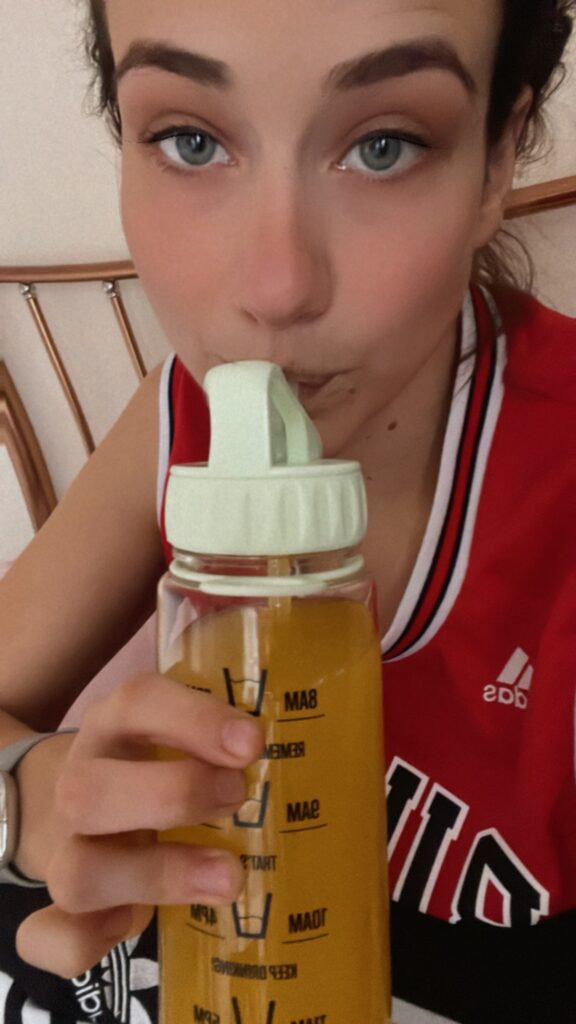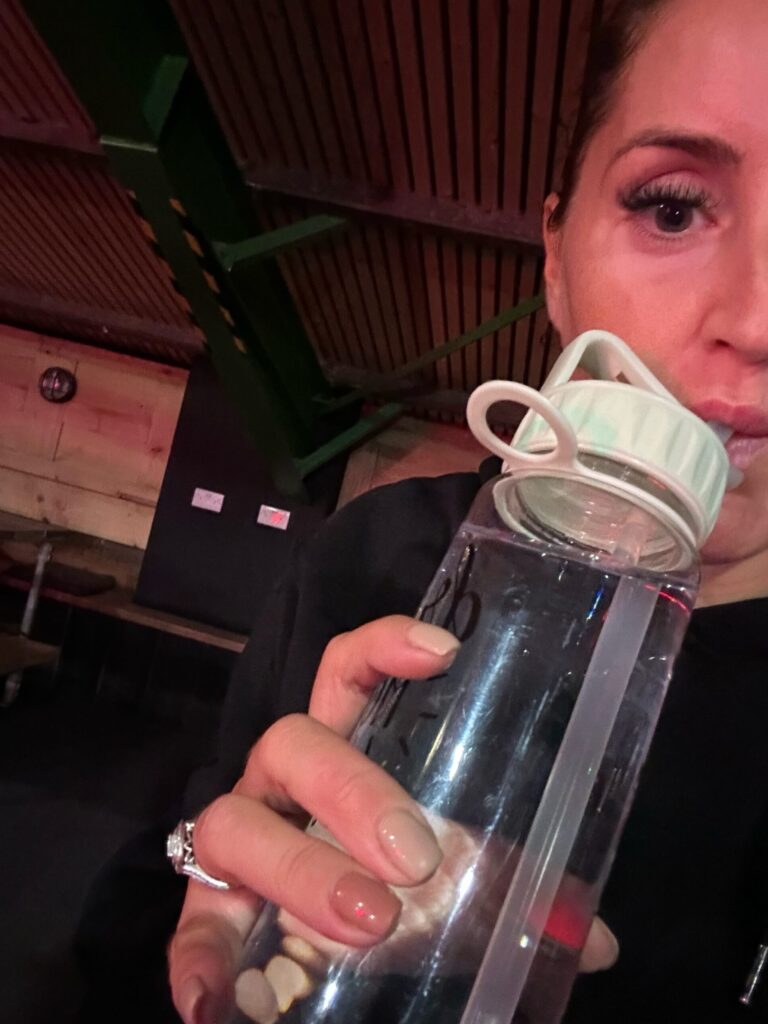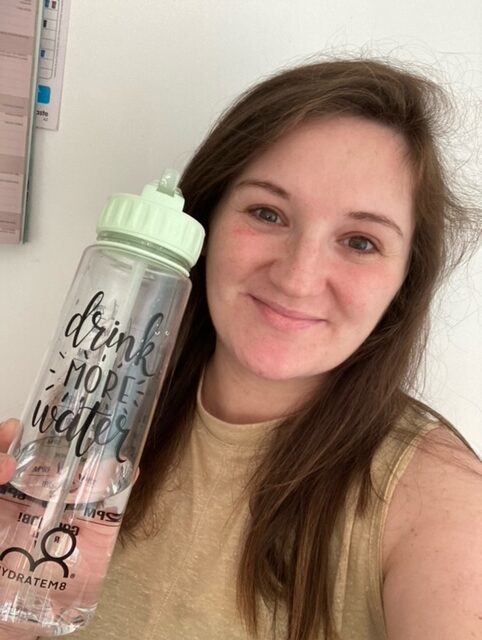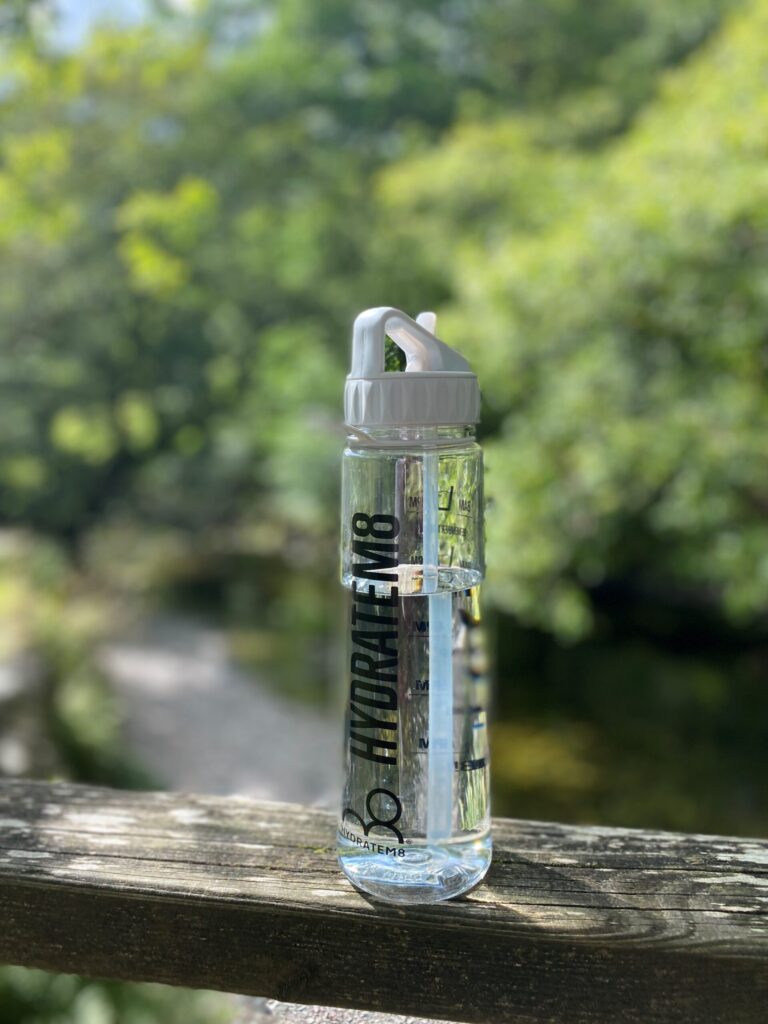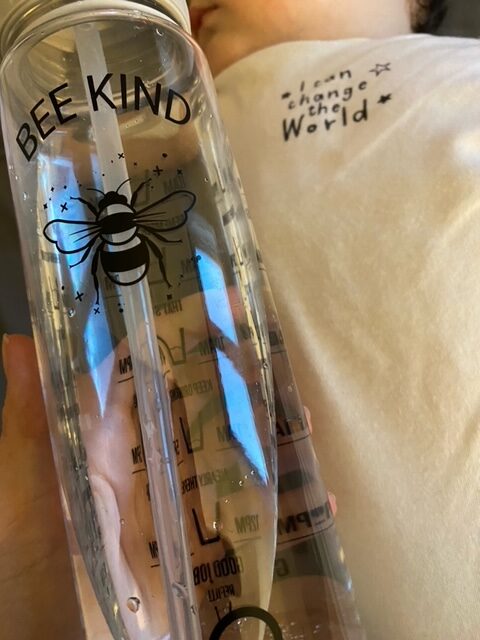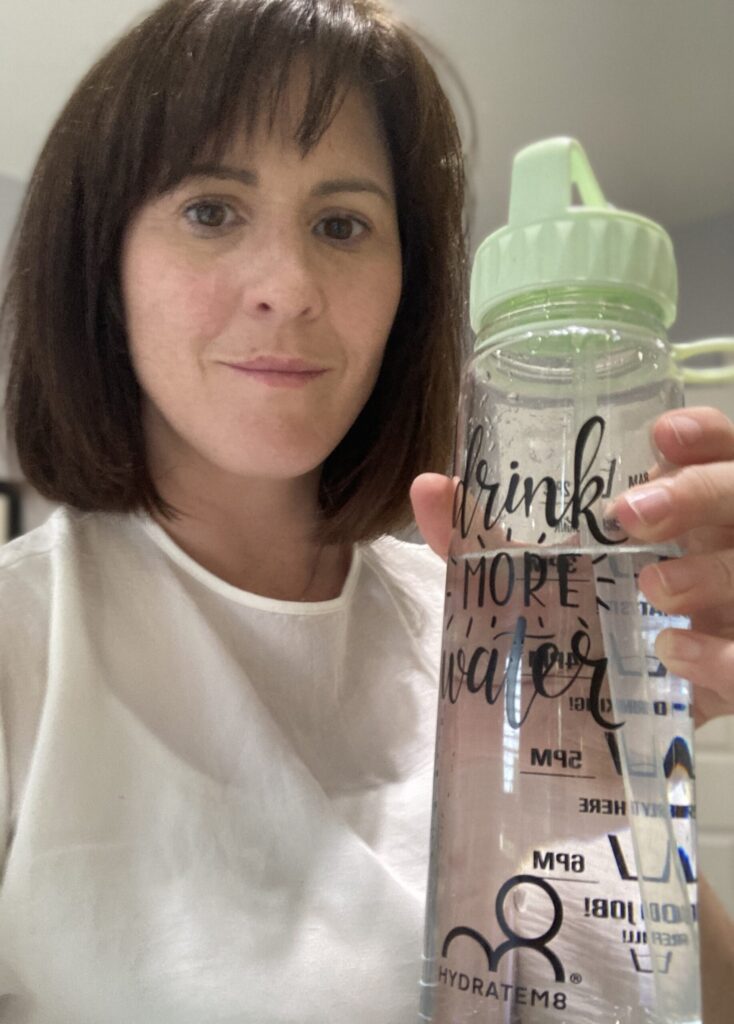Snacking is a major part of Western culture. We just love to snack but it’s not always necessarily good for us. Just look around the supermarket shelves and the snacks that entice us most are often high in sugar, high in fat, or just generally unhealthy.
Here are some of our favourite tips to help you pick healthier snack choices.
Disclaimer: This blog is for informational purposes only. It is not intended to be a substitute for or constitute professional medical advice.
- Check if you’re hungry or thirsty
Before you reach for a snack it’s important to find out if you’re hungry first. What do we mean? Well, your body has a knack for convincing you that you’re hungry when really, you’re thirsty. So, before you take on unnecessary calories, make sure it’s food you really need and not water.
To do this, simply drink some water and see if that curbs your hunger feeling. If it does, then you know you were thirsty and can carry on your day without taking on unnecessary calories.
- Is there an underlying reason for your snack habits?
Sometimes life can hand us all kinds of challenges and stresses that can affect us in different ways. For some of us, a motivational factor for eating more or snacking can be our emotions.
So, if there’s something emotional going on that may be causing you to want to snack, try to identify it and find another way of satisfying the urge. For example, if it’s boredom, maybe head outside for a walk or call a friend for a chat.
- Incorporate fibre into your snack
Most people in the UK don’t eat enough fibre and this can cause many issues, including constipation. Fibre has numerous health benefits such as:
- keeps you feeling full
- lowers cholesterol
- promotes gut health
- keeps bowel movements regular
Try swapping unhealthy snacks like cakes, biscuits, and crisps for high fibre foods like:
- fruit
- vegetables
- nuts
- seeds
- wholegrains
- Portion size is important
Remember snacks are exactly that, they’re not supposed to be as big as a meal and by that we mean in terms of their calorie, fat, and sugar content. On average a satisfying snack for most people is no more than 200 calories.
- Add healthy fats and protein
So, you’ve picked your high fibre snack, now why not pair that with a source of protein or healthy fats which can also help to keep you feeling fuller for longer. Try foods like:
- nuts/nut butters
- olives
- yogurt
- avocado
- eggs
Healthy Snack Ideas
Need a little inspiration? Here are some of our easy, nutritious snack ideas:
- apple wedges and peanut butter
- hard boiled egg with a handful of spinach leaves
- carrot and celery sticks with hummus
- air popped popcorn
- edamame beans sprinkled with salt and sesame seeds
- fruit skewers
However, and whenever you snack, swapping to healthier alternatives can help you feel fuller for longer as well as improving your health and mood.


